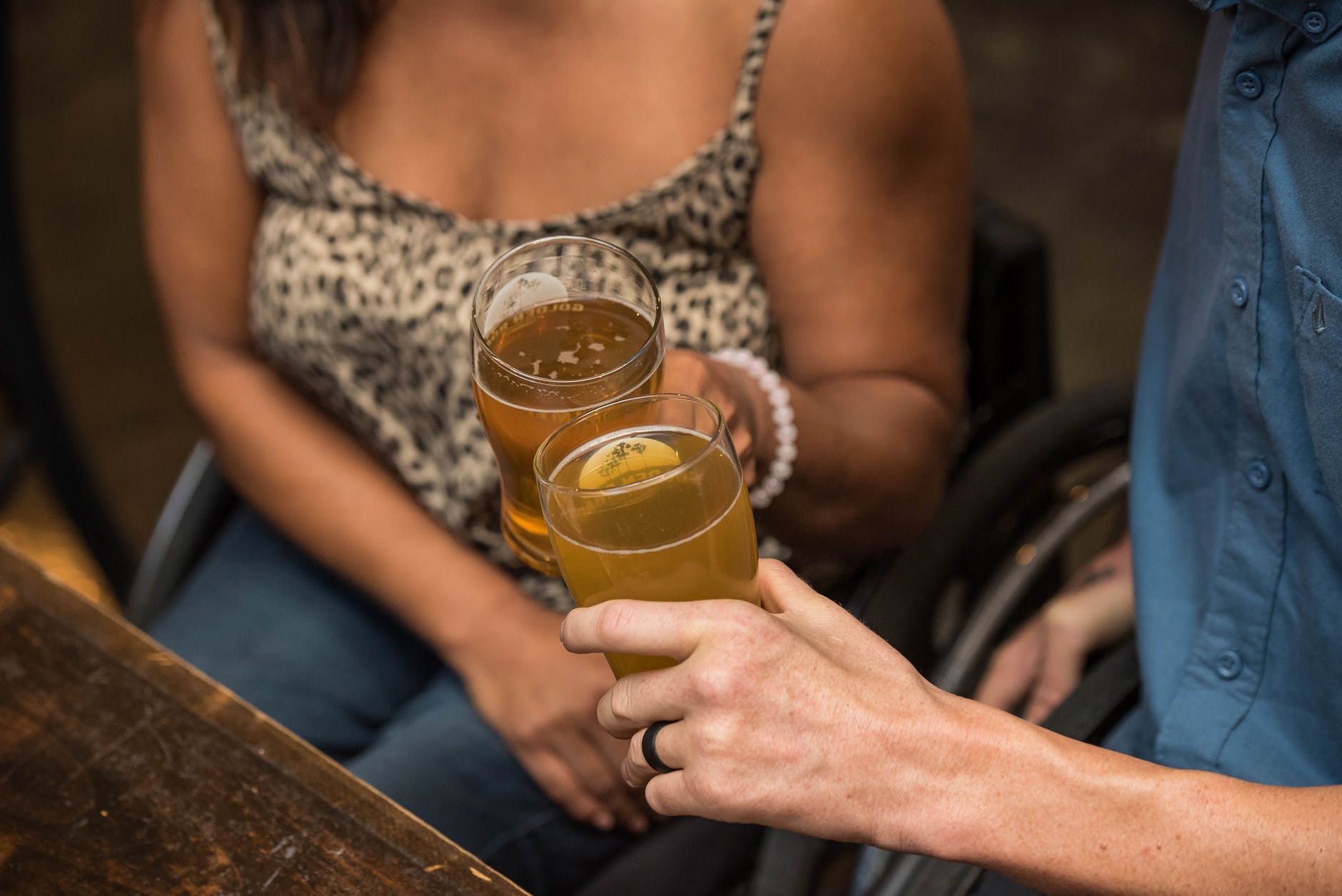
Alcohol consumption can weaken bones of HIV patients, according to a new study published in the journal Alcoholism: Clinical and Experimental Research.
Researchers the Boston University School of Public Health (BUSPH) and School of Medicine (BUSM) affirmed that alcohol consumption can put HIV patients at risk of osteoporosis. Drinking alcohol may result in lower levels of protein involved in bone formation.
Moreover, a significant link between a participant’s drinking and their levels of serum procollagen type 1 N-terminal propeptide (P1NP), a marker of bone formation, was found in the study.
“We did not find an amount of alcohol consumption that appeared ‘safe’ for bone metabolism,” said the study's lead author Dr. Theresa W. Kim, an assistant professor at BUSM and a faculty member of the Clinical Addiction Research Education (CARE) program at Boston Medical Center.
“As you get older, your ability to maintain adequate bone formation declines,” added Kim. “These findings suggest that for people with HIV, alcohol may make this more difficult.”
Antiretroviral therapy
Meanwhile, bone density is believed to be common among people living with HIV, including those who have successfully subdued their viral loads with antiretroviral therapy.
“Our finding highlights an under-recognized circumstance in which people with HIV infection often find themselves: Their viral load can be well controlled by efficacious, now easier-to-take medications, while other health conditions and risks that commonly co-occur — like substance use and other medical conditions — are less well-addressed,” explains Dr. Richard Saitz, the study's senior author and professor of community health sciences at BUSPH.
The study's results were based on data from 198 participants in the Boston ARCH cohort, a study led by Saitz and funded by the National Institute on Alcohol Abuse and Alcoholism. The participants include people living with HIV and current or past alcohol or drug use disorder.
“If I were counseling a patient who was concerned about their bone health, besides checking vitamin D and recommending exercise, I would caution them about alcohol use, given that alcohol intake is a modifiable risk factor and osteoporosis can lead to fracture and functional decline,” says Kim, who is also a primary care physician at the Boston Health Care for the Homeless Program.






